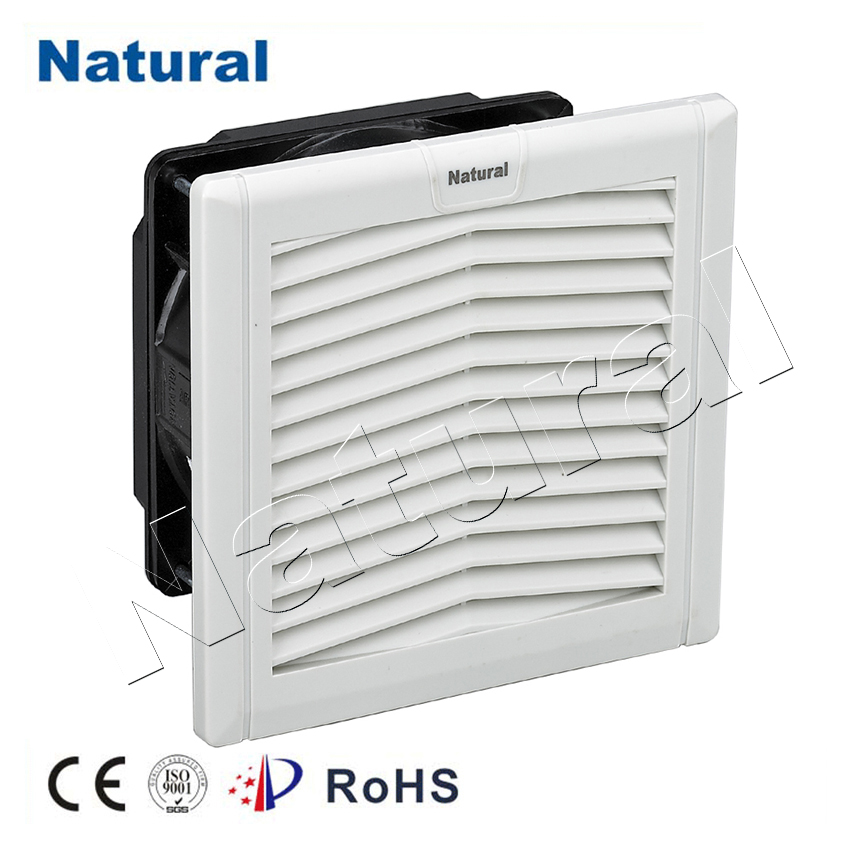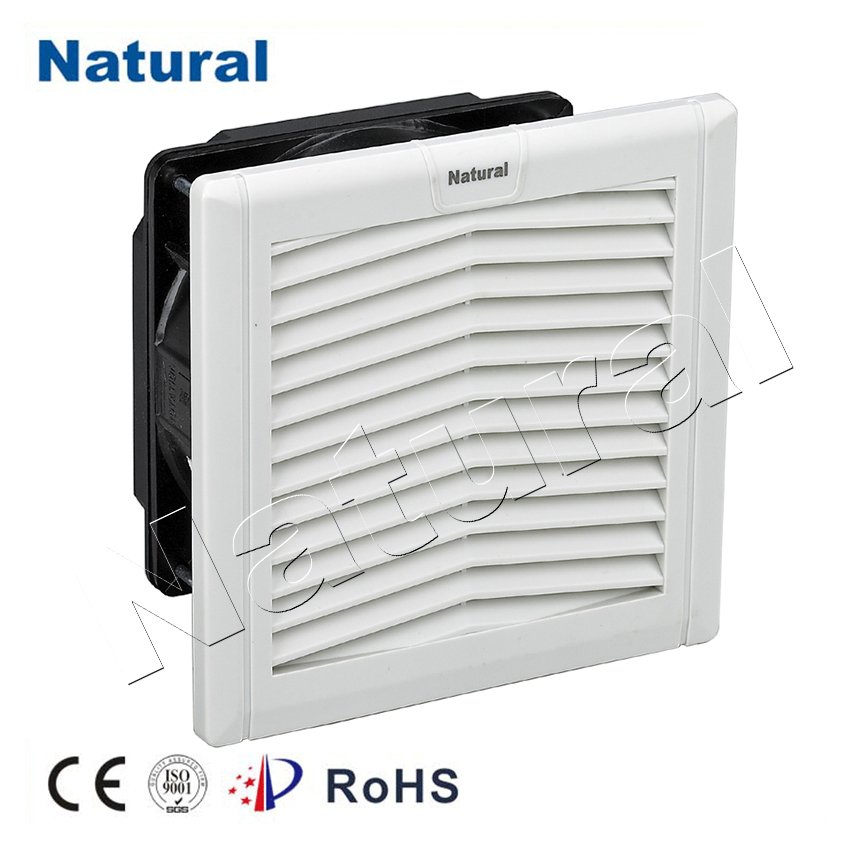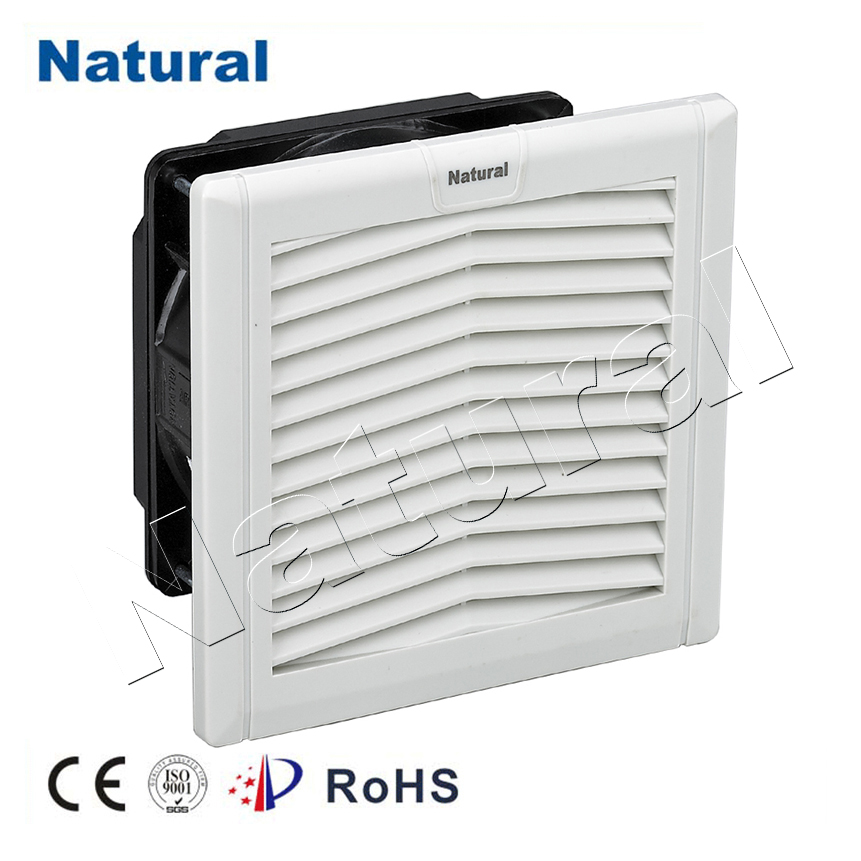Cooling fan filters are an often-overlooked but crucial part of many modern cooling systems. Whether used in electronics, computer hardware, industrial machinery, or home appliances, these filters play an essential role in improving the overall performance and lifespan of cooling systems. Cooling fan filters not only help maintain airflow but also protect the internal components from dust, debris, and other environmental contaminants. In this article, we will explore the importance of cooling fan filters, their functions, and how to choose the right one for your needs.

What Are Cooling Fan Filters?

Cooling fan filters are protective barriers placed in front of cooling fans to prevent dust, dirt, and other particulate matter from entering the system. These filters are typically made of fine mesh, foam, or a combination of both, and they are designed to trap particles while allowing air to flow freely. By filtering the air that passes through the fan, cooling fan filters help maintain optimal airflow, ensuring the cooling system works efficiently without becoming clogged or compromised.
The Role of Cooling Fan Filters in Maintaining System Efficiency Cooling fans are essential in a wide range of applications, from personal computers to HVAC (heating, ventilation, and air conditioning) systems. Their primary function is to regulate temperature by removing excess heat. However, over time, cooling fans can become clogged with dust and debris, significantly reducing their ability to cool effectively. This can result in overheating, decreased performance, and, in some cases, hardware failure.
